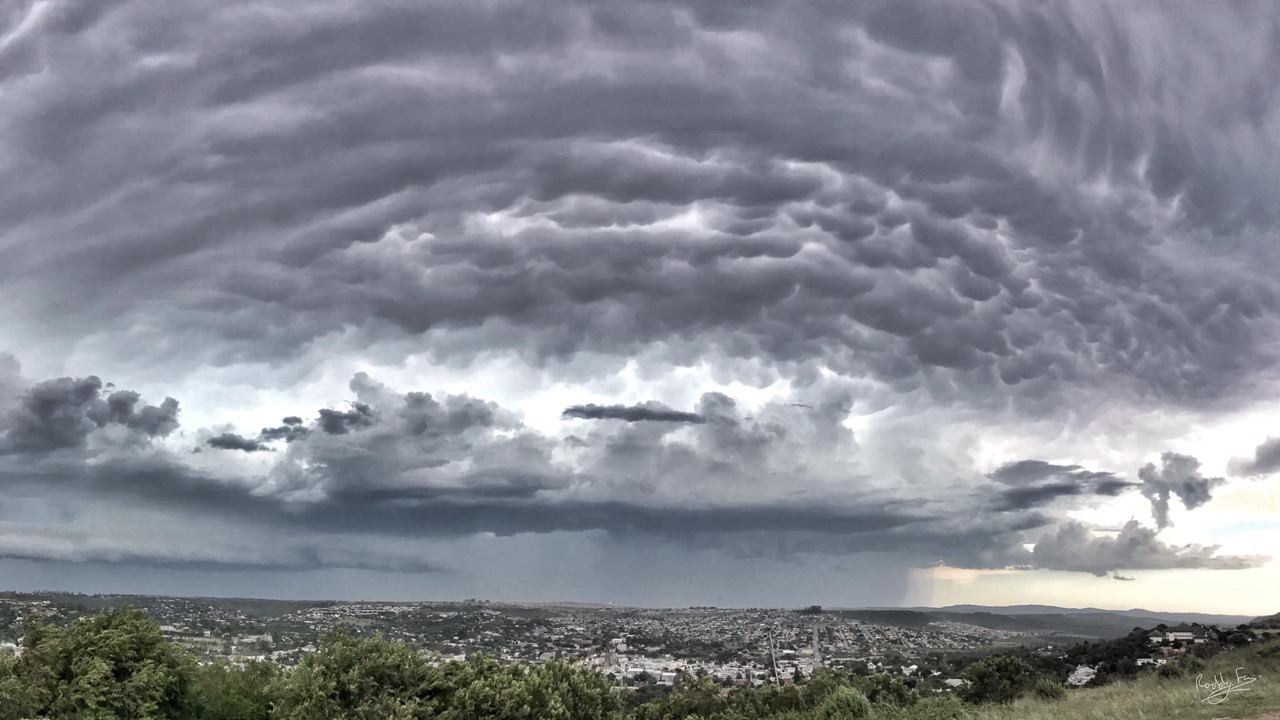By ROD AMNER and NYX MCLEAN
We had a despairing conversation today – as editors and concerned Makhandans. Several stories are brewing in our news diary that ask tough questions about our public service offices.
To list only a few of the items that appeared in our most recent news diary meeting:
First up is the state of litter and waste management in Makhanda. There’s the not insubstantial matter of the 130+ illegal dumpsites in the city, which in September last year, the high court ordered Makana Municipality to catalogue and remove. But, just as disturbing are the attitudes of ordinary citizens to waste management. Just yesterday, Nyx saw someone standing in front of a bin drop a wad of crumpled up paper onto the ground and someone else flinging a chip packet out of a car window in front of a primary school.
We have heard of army personnel driving on the wrong side of Cradock Road to the base and received reports of officers driving and drinking alcohol on that road to report for duty in the morning. That poor behaviour has also been spotted in town, where at least three members of the 6 SAI Battalion have been seen running stop streets.
On the matter of drinking and driving, we saw someone driving on the N2 just on the side of the Monument with a bottle of Savannah in her hand – at 9 am. Others have been spotted on the road to Port Alfred with beer quarts in hand while they drive that very twisty and dangerous road.
Where are the traffic police and SAPS monitoring this situation and ensuring that there is no reckless endangerment of lives – those drinking and those on the road with those drinking and driving?
Traffic officers are rarely spotted on our streets. We have heard of people driving with only a learner’s license (and nobody in the car to accompany them, as is required by law). What happens when somebody gets hurts? Who do we hold accountable?
The Department of Education’s failure to deliver textbooks and stationery to our schools has been deemed a human rights violation by the high court. Why is something so basic and supposed to be part of their core mandate elusive?
Municipal workers are collecting refuse in a bakkie because all three compactor trucks are broken down. How does this happen? Why are the vehicles not being maintained?
Gutters are clogged, grass grows into the road, hedges overtake stop signs and pavements so that pedestrians walk into traffic, placing themselves at risk. Where are the municipal teams who are meant to be clearing this overgrowth? When last did we spot them with their new equipment?
In the absence of municipal maintenance, a team of entrepreneurs has stepped in to do the work. It is impressive that they are doing this, but it begs the question: why are the people employed to do this work not doing it?
Servitudes, driffies, and stormwater drainage channels are blocked by vegetation and litter, failing to drain. The flash flood of 5 December 2021 wasn’t enough, it seems, to light a fire under the municipality to clear these channels to ensure proper drainage and to reduce the risk of flooding.
SAPS is almost impossible to get hold of; there are often not enough response vehicles available when you place a call. Most of us rely on Hitec and Schmart to respond to crimes unrelated to the security of households and commercial properties. We applaud these companies, but it should not be up to them to be doing the work of SAPS.
Where is SAPS on a Friday and Saturday night when car boot parties happen in the CBD, and noise pollution keeps us up until the wee hours? Who do we call on when we can’t ride our bicycles down New Street without picking up a puncture from all the glass smashed on that brand new tarmac?
Where is the general police presence? Like foot patrols in hot spot areas to reduce the risk of muggings and other petty crimes.
The items we have listed here don’t touch on our water crisis, woeful municipal finances, stuttering economy, sky-high unemployment, or any of our other ‘wicked’ problems. The listed items are simple problems – resolvable if public officers showed up for duty and did the work they signed up for. Like keeping streets clean, keeping people safe, providing children with the essential tools they need to succeed in school, and all the other critical daily things that keep a community happy, thriving, and safe.
How do we call these people and structures into conversation with us, as community members, and as public servants? Over the next few weeks, we hope to bring you some answers to the questions we have raised.
If you would like to bring any other issues to our attention, please feel free to email us at grocottscommunity@ru.ac.za


